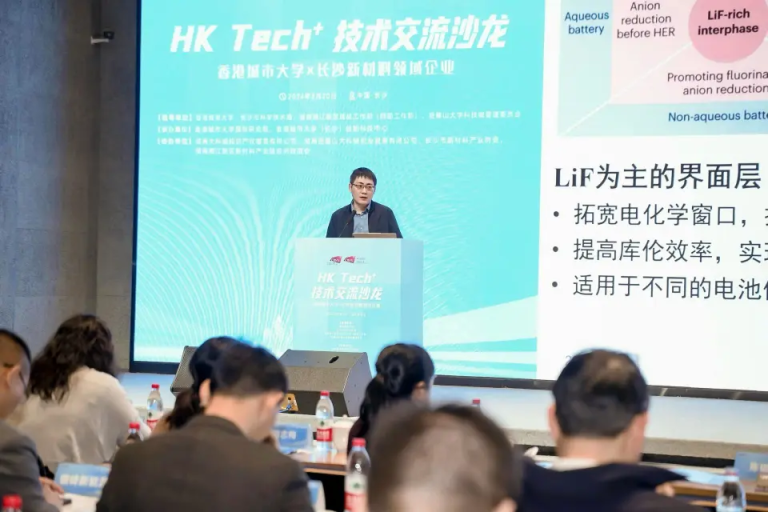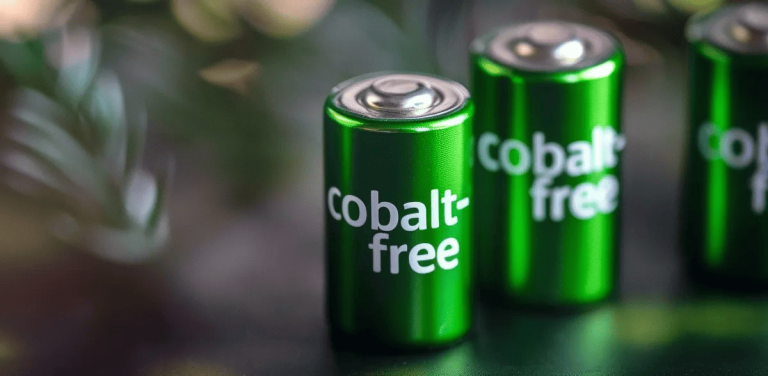Research Directions in LETS

Electrolyte design and interphases State-of-the-art electrolytes based on carbonate esters fail to meet most of the requirements for extreme lithium (Li)-ion batteries (LIBs) because their voltage window is limited to 4.3 V, they have a narrow operating temperature range of…








